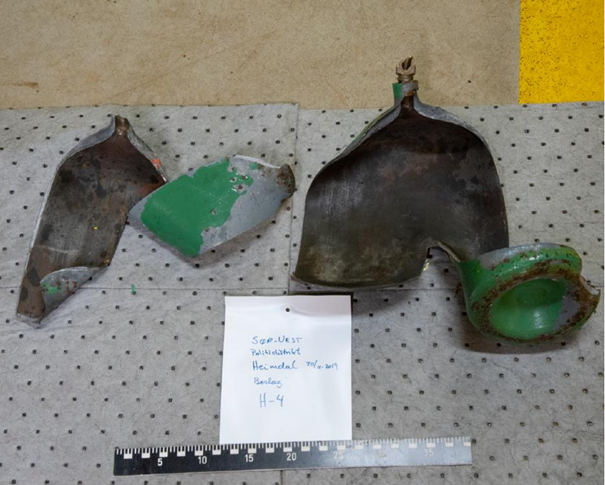The Weekly Reflektion 24/2021
Many experienced people in oil and gas now are out of work, and unable to find positions. The experience that these people have could be an important factor in safe operations in the future.

Do employers consider the value of experience when recruiting new people?
My LinkedIn timeline is full of experienced people looking for work, mostly over 50 years old. Many claim that employers are not offering them jobs due to their age. Hiring younger, less experienced people is often a lot less expensive, and perhaps more future orientated. This older generation have spent their entire working lives learning what works, what doesn’t work, what to watch for, and what precautions to take. Experienced people have often developed an instinct for recognizing hazards and dangerous situations and stopping the job before these lead to an incident. How can new people develop this instinct when they start work in the industry? Sometimes it is just not enough with procedures and training.
On a platform in Norway, an inspection identified a nitrogen bottle on a firefighting system that was below the required pressure and needed recharging. The nitrogen bottle had an operating pressure of 200 barg with a design pressure of 348 barg. The central nitrogen system on the platform only delivered 130 barg, so a booster pump was needed. Two of the people involved in the operation had little experience. The instrument technician was new, on the first day of his second offshore trip. Assisting was a mechanic apprentice, also new, on her third offshore trip.
The booster pump had been purchased in 2002 and was not covered in the company’s maintenance management system. It had no pilot valve to regulate the maximum pressure the pump could deliver and had no pressure safety valve. The booster pump could deliver 805 bar, based on the input pressures of nitrogen and air. It became clear during the investigation that the manometer on the pump was also faulty. The pump should have been sent onshore the month previously for recertification.
There was no official procedure for charging such a gas bottle, but the work permit identified risks of pinching fingers and noise exposure, with gas under pressure given no recognition. The instrument technician was holding the bottle as it was being pressured up, with the mechanic apprentice stood next to the technician. They noticed the bottle was getting warm immediately before it exploded and fragmented. The instrument technician received life threatening injuries, and the apprentice mechanic serious injuries, both lucky not to have been killed.
It takes time to learn the lessons the 50+ year olds have learned. To be very wary of gas under pressure, to barrier off areas where there is pressure in use, to notice the signs that things are not going to plan and to stop the job. The inexperienced youngsters joining the industry need time to get to this level and cannot be blamed for making mistakes.
Is it the companies’ strategies that are closing the workplace to older workers, or human resources departments with directives to demand academic qualifications rather than experience? Many industries seem to be aiming at renewing, at the same time saving money on less experienced staff. Beware, nothing is more expensive than accidents, and lives may be lost in reaching the experience levels the available workforce already has.
